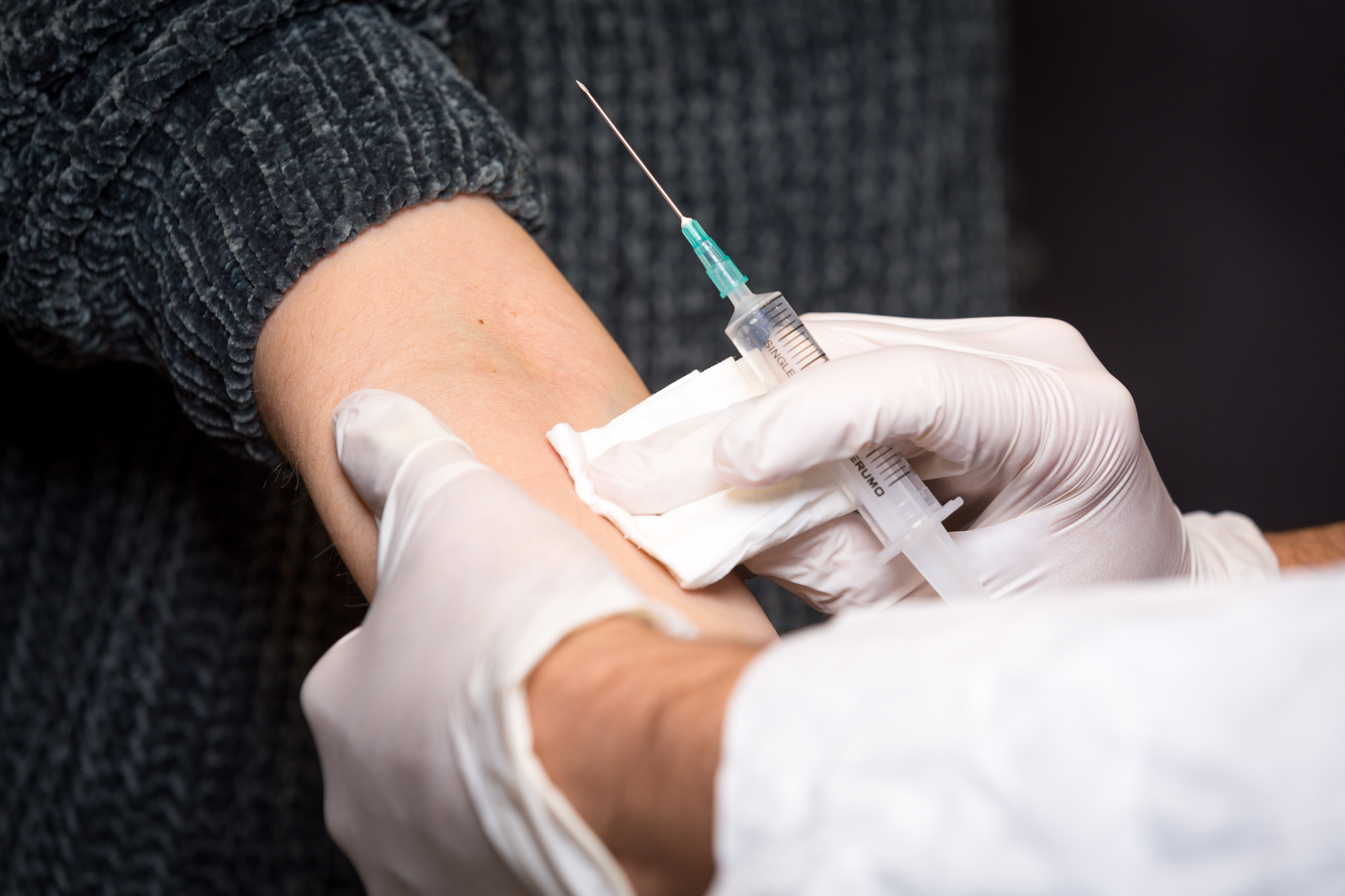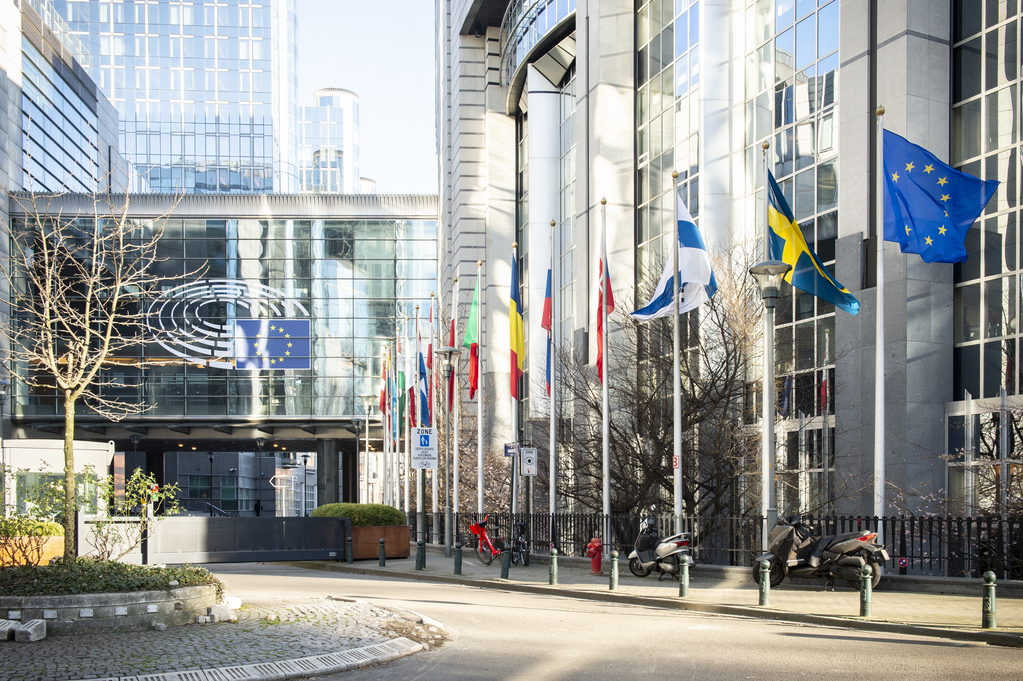
Member States urgently need to better coordinate their corona measures
- Details
Different responses to the same level of infection costs confidence / We urgently need a few more months of discipline / Approval and supply of vaccines can ease the situation until spring
"I expect the danger from the coronavirus to decrease significantly next spring”, said EPP-MEP and physician Peter Liese. Liese justified his hope by pointing out that many projects to research a vaccine are already very far advanced. "A total of six projects are already in the third phase of clinical trials. Many companies are planning to complete this phase in autumn and then apply for approval. At the same time, the European Commission has completed discussions with five companies to obtain large quantities of the vaccine very quickly in case of successful vaccine development. We also have information that people who have gone through an infection are protected from a second infection, either completely or get it in a milder form. Third, there is obviously a section of the population that is naturally less at risk from the virus than others, for example through genetic factors. If all this comes together, the pandemic may lose its horror over the next year. Until then, however, we still need to be disciplined and patient, especially in autumn and winter. Above all, we must protect high-risk patients - these are not only the elderly, but also, for example, people who are immunosuppressed because of cancer", according to the health policy spokesperson of the largest group in the European Parliament (EPP/Christian Democrats).
Read more: Member States urgently need to better coordinate their corona measures
EU Recovery Plan
- Details
European Parliament will call for improvements in research, health and climate
No consent in the present form / Very important step for Europe but not good enough for unconditional consent
EPP MEP Peter Liese describes the outcome of the EU summit on the budget and recovery plan as a "very important step for Europe". "It is important that Europe is able to act in this difficult time and that we help the countries most affected by the Corona crisis. It is also essential for the EU economy that these countries get back on their feet. That is why I am sure that the European Parliament will support the agreement in principle, but we will of course exercise our rights and demand changes in those areas where the result is simply not good enough. I am very grateful to Angela Merkel for not only helping to bring a compromise in the Council, but also for making it clear in the morning, after the end of the negotiations, that the European Parliament must give its support before the package can enter into force," Liese said.
European Parliament wants financing of the recovery plan through digital tax, emissions trading and other own resources of the European Union
- Details
Huge majority despite concerns from the Liberal Group
Young generation would benefit twice / Less debt and incentives for climate-friendly behaviour / Cuts in research and health must be reversed
An overwhelming majority of the European Parliament is in favour of financing the 750 billion euro European for the recovery plan from the European Union's own resources. In a resolution prepared by all pro-European parties, it reads: "intends to negotiate a legally binding calendar to be agreed by the budgetary authority for the subsequent introduction of additional new own resources in the course of the first half of the next MFF, such as the Emissions Trading System (and its revenues raised by any future enlargement); a Carbon Border Adjustment Mechanism, the digital tax, the Financial Transaction Tax ...“. Requests for a split vote from the Liberal Group to remove this passage from the resolution failed to secure a majority.
COVID-19: Commission presents strategy to be better prepared for further outbreaks
- Details
Corona-Apps should work across EU borders / Interoperability of systems especially during holiday season indispensable to guarantee freedom of movement
The European Commission today presented a Communication setting out short-term measures to be better prepared for further corona outbreaks and to avoid further lockdowns. This Communication also launched a concrete measure to ensure the interoperability of the various European Corona warning systems across national borders.
MEP and health policy spokesperson of the largest group in the European Parliament (EPP-Christian Democrats), Peter Liese, strongly welcomed the proposal. "To prevent further lockdowns, the use of modern technology such as Corona apps is of enormous importance. The treacherous thing about the virus is that many people transmit it without showing any symptoms. With our traditional method of identifying contacts and trying to inform and warn them through regular channels, we cannot effectively control and contain further, severe outbreaks. Therefore, an app that warns anyone who has had contact with an infected person is extremely important. That the Commission now also wants to ensure that the various national apps are compatible with each other is long overdue. Interoperability is crucial to maintain freedom of movement throughout the EU in the event of further corona outbreaks," Liese explained.
Read more: COVID-19: Commission presents strategy to be better prepared for further outbreaks



